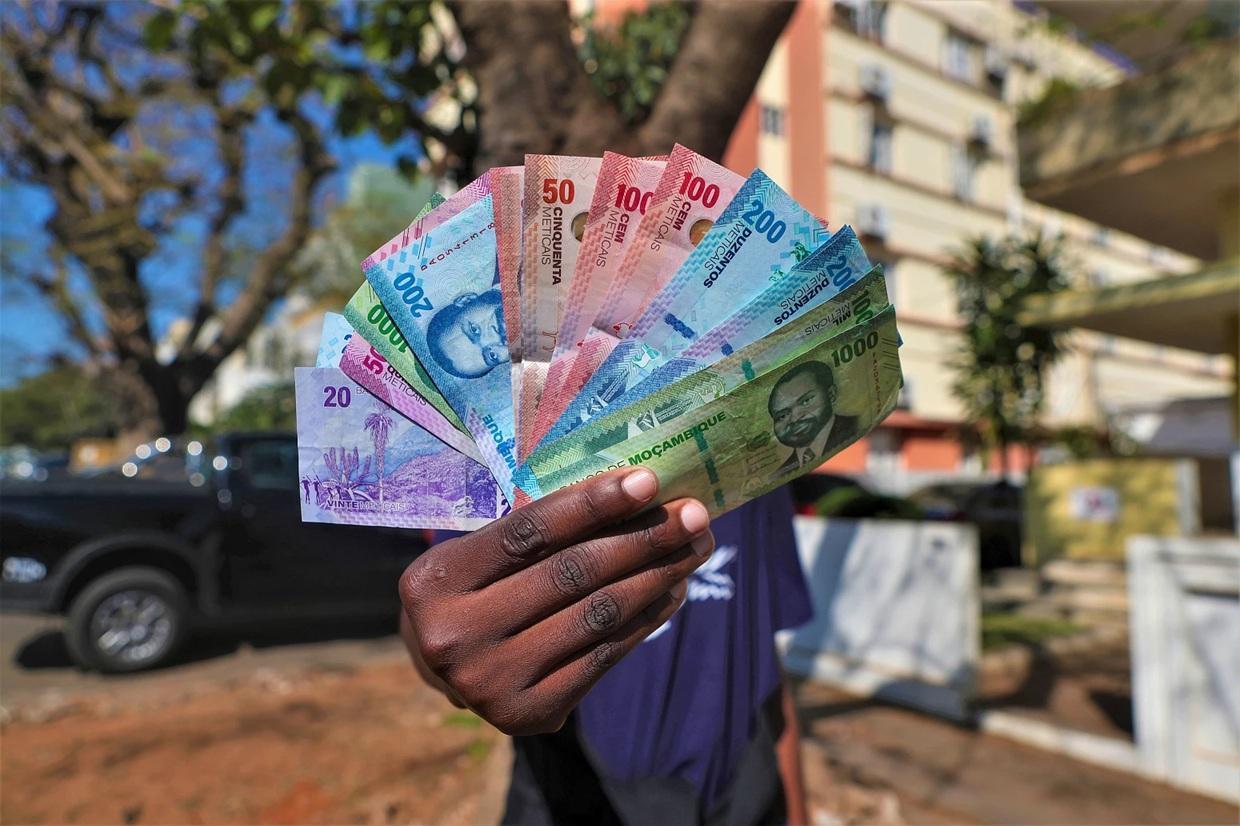Africa-Press – Mozambique. The Mozambican government expects its lowest budget deficit in years in nominal terms in 2026, falling to 113.664 billion meticais (€1.529 billion), equivalent to 6.9% of gross domestic product (GDP).
According to the fiscal framework outlined in the proposed Economic and Social Plan and State Budget (PESOE) for 2026, already approved by the government and to be debated in parliament in the coming days, this forecast compares with the deficit of 126.878 billion meticais (€1.707 billion) projected for this year, equivalent to 8.2% of GDP.
In 2024, the deficit stood at 10.9% of GDP, amounting to 157,987 million meticais (€2,126 million), and in 2023 it amounted to 145,535 million meticais (€1,958 million), also representing 10.9% of GDP.
The Mozambican government forecasts economic growth of 3.2% in 2026, according to the budget proposal, bringing GDP to 1.665 trillion meticais (€22.4 billion). This follows the 2.9% forecast for this year and the 2.2% forecast for 2024, the result of the post-election unrest, and the 5% forecast for 2023.
For this year, the government forecasts 1.544 trillion meticais (€20.7 billion) of nominal GDP, which in 2024 was 1.453 trillion meticais (€19.5 billion).
Still within the PESOE’s macroeconomic assumptions, the government forecasts an annual inflation rate of 3.7% in 2026, compared to 7% expected this year, 3.2% in 2024, and 7.1% in 2023. PESOE also sees Net International Reserves covering 4.4 months of estimated import needs next year, compared to 4.7 months this year and five months in 2024.
Speaking in September about the 2026 budget proposal, Secretary of State for the Treasury and Budget Amilár Tivane emphasized that it aims “to ensure a balance between the importance of consolidating public accounts to stabilize debt indicators, while freeing up budgetary space to meet productive investment needs”.
“However, this consolidation effort must not neglect the need to create conditions for allocating resources for investment, to allow the economy to continue growing,” he added.
Tivane acknowledged that international shocks and geopolitics are affecting Mozambique’s PESOE forecasts for next year.
“To meet these challenges, we will continue working to rationalize spending, and two cornerstones of this process are payroll control and debt stabilization,” he explained, while acknowledging that spending represents a “critical area” of the 2026 PESOE.
“For 2026, we have planned a budget with an expenditure level of around 32% of GDP, government revenues will be around 28% of GDP, and a fiscal deficit of around 6% of GDP,” the Secretary of State stated, assuring that the difference will be financed by donations and domestic and foreign debt, but with “greater restraint to minimize risk”.
Amílcar Tivane also detailed that the budgetary policy objectives for 2026 “will continue to revolve around the need to strengthen fiscal credibility and transparency”, as well as “implementing or accelerating a set of reforms to boost revenue collection”.
For More News And Analysis About Mozambique Follow Africa-Press






